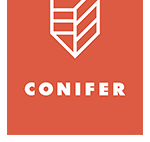
Balancing Act: Readjusting to Hybrid Work
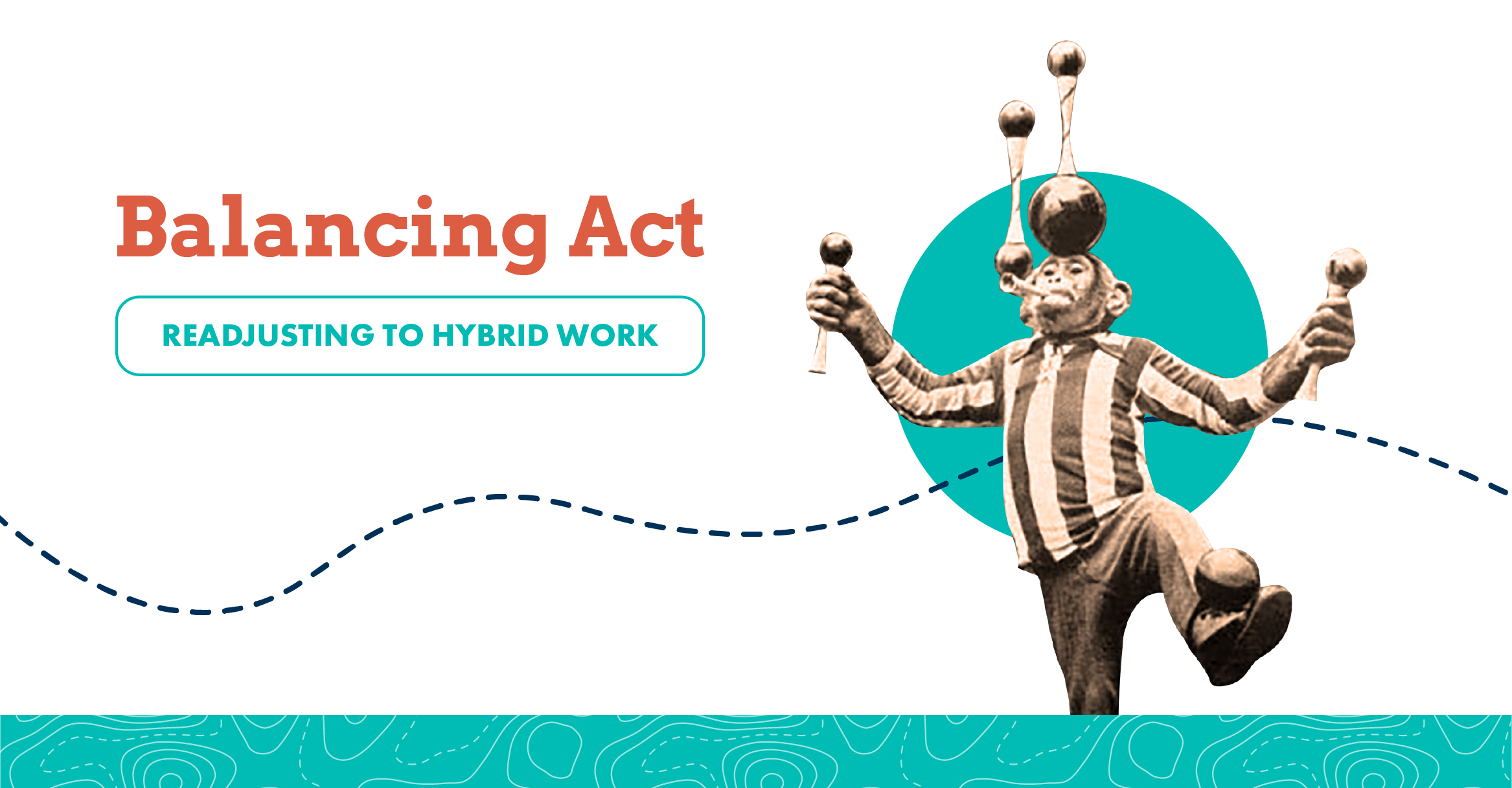
The truth comes out. pic.twitter.com/X9GrmYcS9Z
— The New Yorker (@NewYorker) March 16, 2020
On March 15, 2020, the US began its official shut down process to combat Covid-19.
On March 16, 2020 The New Yorker produced this gem.
Too real, perhaps... but ahead of its time, as always.
The reality is, up until the shutdown, the prospect of conducting most normal office work anywhere other than the office truly seemed nearly impossible. It was shocking and impressive to see how quickly the transition could be navigated when it became a necessity.
For some people this revelation seemed like a sign of a new office-less future, which glittered with all of the wonder of a newly-discovered lost treasure. But, as we have learned from Indiana Jones, there are always boobytraps around lost treasure. For a significant portion of the American workforce, the complexities of ill-equipped bedroom offices, loud coffee shops, broken Zoom links and unbearably isolated isolation soon dampened the glitter.
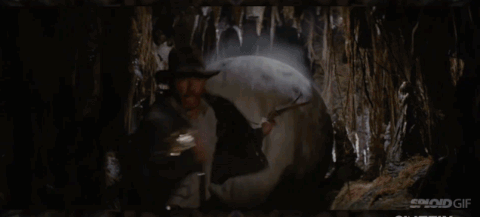
We learned (or re-learned) that some types of work are just better face-to-face. In essence, just because it can be done doesn't mean it should be done. Ideation over Zoom is just not the same, for one.
Ultimately, we believe the future is neither office-less, nor a full return to our previous state. It's a combination of both. In addition to studying and navigating this evolution with our clients, our ethnographic instincts compel us to hold a mirror to ourselves to further our understanding.
We have compiled below a selection of questions and answers from the Conifer team which illustrate some of the diverse opinions around managing this balancing act in our hybrid work world. Curiosity, as Einstein said, "has its own reason for existing." These conversations are important, and to share them with the world is to contribute to a necessary ongoing dialog.
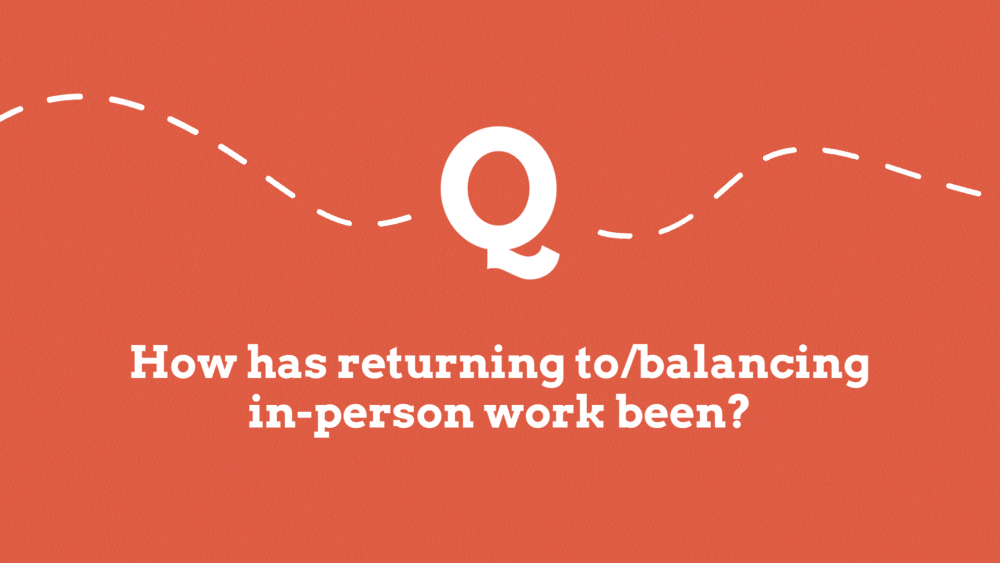
"Anxious, excited, nervous. Returning to field after so much time away from it has been a gift.
It's a reminder of how important and special face-to-face, in-person observation and interaction cues are to data gathering. With the return of in-homes and intercepts I was reminded that while some things are infinitely easier in-person, there are also a lot of new, complex field logistics required to conduct research safely and ethically during this time. But we all agree: the rewards gained from immersion makes it all worthwhile."
"Returning to the velocity of our past lives is quite a challenge - while I am so excited to be able to freely socialize and invest more in relationship-building, I feel forced to also acknowledge the "cost" or price and tradeoffs required to do so. When I am in the office for more than one day a week, I feel the drag on my ability to focus or often find myself tired, dehydrated, and exhausted in a different way.
We haven't had to exercise our social muscles in a while, and you can feel it!
This means I am always having to be more intentional about when I do make time for in-person engagement, but it is nice to be living in a world where being able to make that choice is now much more accepted. The office is a place I cherish, but at the same time it can be loud, distracting, difficult to find a quiet and comfortable space."
"It has been quite an adjustment, having to get up early, go through the morning commute, grabbing coffee and being at work again, after having enjoyed the comforts of working from home.
There was a period when our team had to rush through a project and were at the office every single day of the week and it was exhausting.
I did notice that working from the office can be less productive at times and it can be distracting, people could go off the tangent, talking about their lives and such, which is inevitable. It is nice to be able to see people in-person again and be able to catch up on the socialization that we missed during the pandemic."
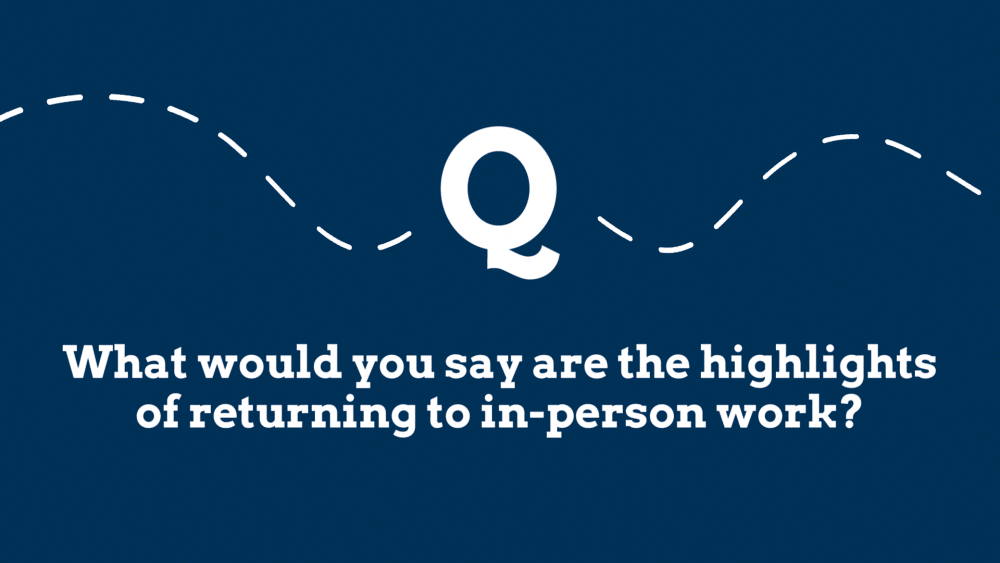
"The energy, excitement! Getting time to get to know colleagues more beyond just the work and talk about life!
Sharing meals with people especially is just such a critical component to culture - we've all missed that.
Just being able to provide more of a narrative context through storytelling and organic dialogue: sometimes team members don't feel like they can ask questions that may not be relevant to their immediate project over Zoom, but there is a lot of learning that comes from casual conversation and storytelling."
"As a researcher during interviews, sometimes stepping away from the technology that helps us do what we do can really open doors to listen and think differently. In an in-home, we're focused on listening, observing - our eyes are not glued to the computer screen as we take notes and monitor the backroom chat.
We all are fully present in the interview and are able to listen with our whole bodies.
We can get dynamic and active demos, move around their space, pick up on subtle body language and facial cues, or even catch something really important hiding from us off camera."
"One of the most powerful things about immersive In-person research is that it allows us to fully engage all of our senses.
I find I am able to find themes and patterns across interviews faster when I am doing in-person research. Perhaps it is that in a contextual research setting, we are relying more on our memory, our senses, and our instincts, while in comparison we have to rely more on processes, schedules and workflows when we are at our desks."
"Over the years, some of the most memorable moments in some of our client's careers have happened during in-home interviews.
A large research project may be one of their only opportunities to see and immerse themselves into the world of their users. We love being able to help them experience that again in the flesh!"
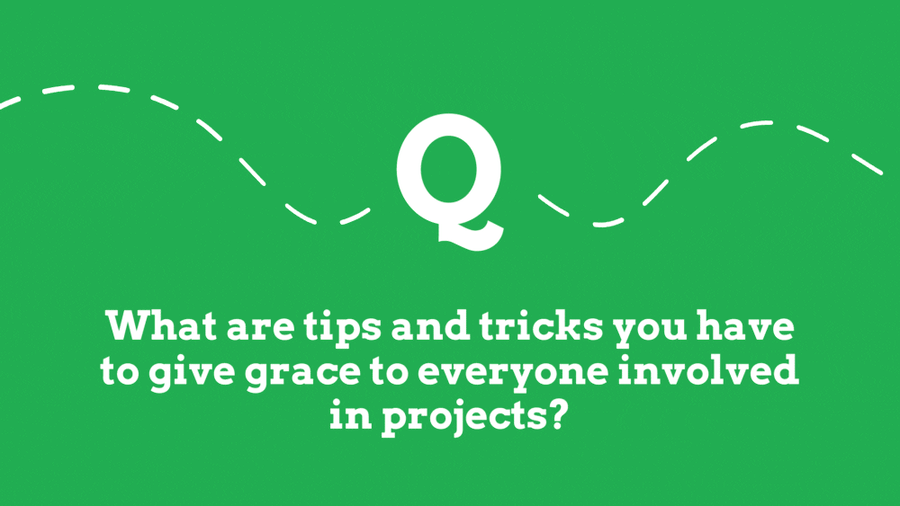
"I have reminded myself that when it comes to in-person research...
everything feels like it takes longer than it did before, and takes more out of you as a researcher.
When we go into the field, making sure we have plans in place to protect our own energy levels and sanity is much more top of mind than it was before."
"For hybrid teams: be thoughtful of how your energy and excitement of being in-person can translate to those on the other digital side of the Zoom meeting. What can feel energetic and fun in the room can also feel really chaotic to people on the other line, especially as sound quality can be impaired when people are in a room talking all at once, or when Zoom attendees have to contend with background noise/sound transfer and echoes.
Be mindful about when you need heads down time and what parts of the project benefit the most from active discussion and dialogue."
"Be mindful of your team's energy level. Finding the right rhythm of in-person vs. online, group discussion vs individual work at various points of the project is hard, and there is no perfect formula. Knowing which parts of the project should be done as a group vs which part of the project can be done individually is essential for optimizing in-person vs online work.
Zoom fatigue is real, so is in-person fatigue"
Did any of these questions spark a new thought? Did any of the answers particularly resonate with you? If you want to learn more about how we work, feel free to contact us.

